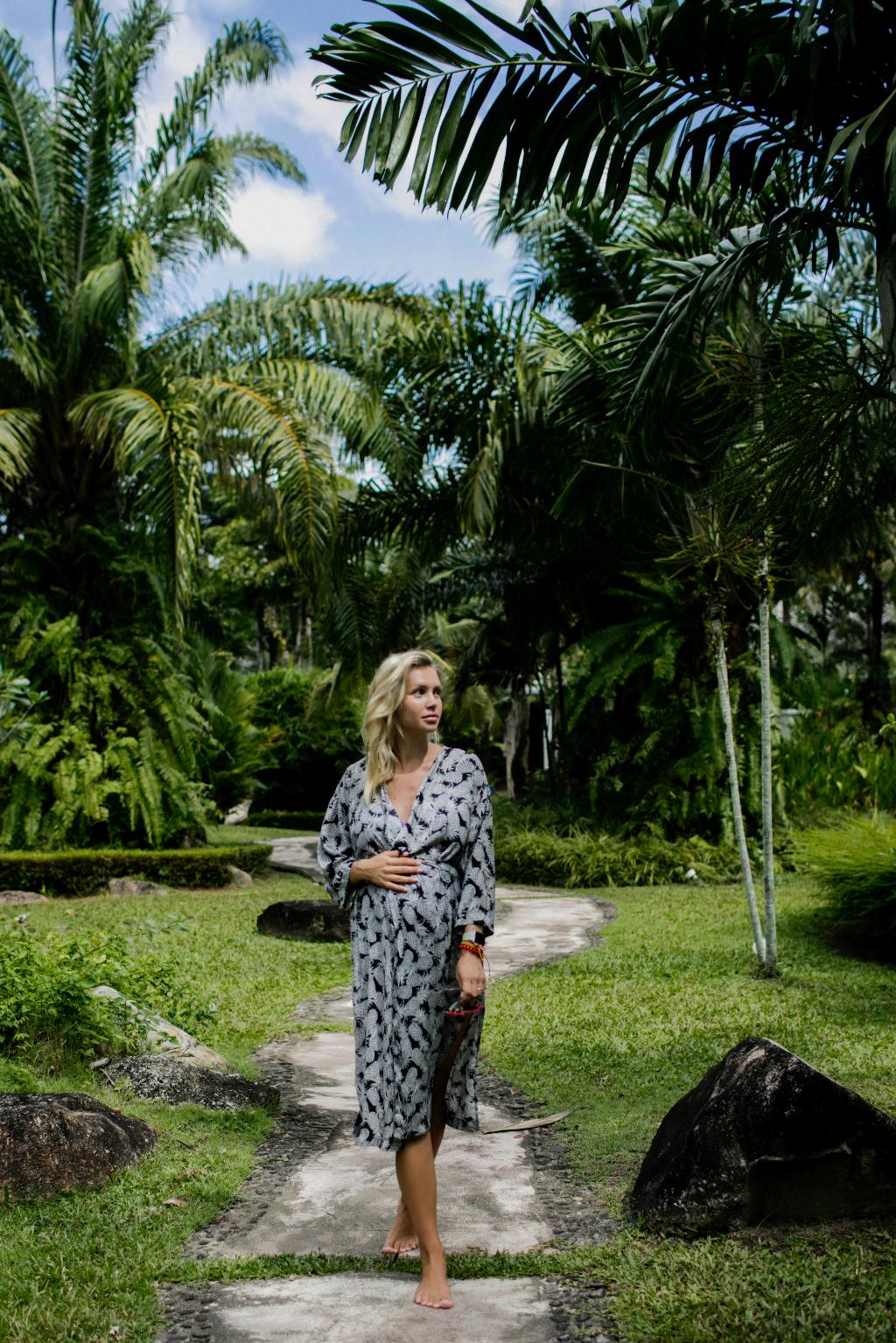When discussing the ability of a baby to feel anything at 10 weeks, it’s essential to delve into the intricate world of fetal development. At this stage, the baby is rapidly growing and developing, laying the foundation for its future existence outside the womb.
The Beginnings of Sensory Perception
While the ability to feel pain is a complex issue that has sparked debates among medical experts, it is generally accepted that at 10 weeks, a baby’s sensory perception is still in its early stages. The nervous system is beginning to form, paving the way for future sensations to be experienced.
Neurological Development
Neurological development plays a crucial role in determining when a baby can start to perceive sensations. At 10 weeks, the basic structures of the brain and spinal cord are forming, but the connections necessary for processing and interpreting sensory input are still in the early phases of development.
Potential for Sensory Experience
While some research suggests that fetal pain perception may be possible as early as 12 weeks into development, the consensus in the medical community seems to point towards a later stage, around the 24th week, when the neural pathways responsible for pain sensation are more established.
Maturation of Neural Pathways
The maturation of neural pathways is a critical factor in determining when a baby can start to feel sensations such as touch, pressure, or pain. At 10 weeks, these pathways are still undergoing significant development, indicating that the ability to perceive complex sensations may not be fully realized at this stage.
Environmental Influences
It’s important to consider the role of the environment in shaping a baby’s sensory experiences. While the baby is surrounded by the amniotic fluid in the womb, which provides a cushioning effect, the exposure to external stimuli is limited at 10 weeks, potentially impacting the range of sensations that can be felt.
Ethical Considerations
Discussions surrounding fetal pain perception often intersect with ethical debates related to abortion and prenatal care. Understanding the nuances of sensory development in the womb can help inform these discussions and ensure that decisions are made with compassion and empathy.
Individual Variances
It’s important to acknowledge that every baby is unique, and developmental timelines can vary from one individual to another. While some babies may exhibit signs of sensory perception earlier, others may take longer to reach certain milestones in their development.
Parental Bonding
For expecting parents, the question of whether a baby can feel anything at 10 weeks may evoke a range of emotions. While the precise nature of fetal sensory experiences remains a topic of ongoing research, fostering a bond with the baby through various means can create a sense of connection and anticipation for the journey ahead.
Medical Perspectives
Medical professionals play a crucial role in monitoring the progress of fetal development and providing guidance to expectant parents. By staying informed about the latest research and recommendations, healthcare providers can offer support and reassurance throughout the pregnancy journey.
Conclusion
In conclusion, the question of whether a baby can feel anything at 10 weeks is a multifaceted issue that involves scientific, ethical, and emotional considerations. While the exact moment when sensory perception begins remains subject to ongoing study, understanding the complexities of fetal development can offer valuable insights into the miraculous process of life creation.

